Humans of Harker: Amrita Singh develops her passions for research and theater
“I am confused on what you can judge research on because to me, all research is important. How can you say that one person’s research is more valid than another’s? To me, that’s like saying that one person is more valid than another, or that biology is more valuable than physics,” Amrita Singh (12) said.
February 25, 2017
Sixth graders aren’t normally supposed to participate in the Synopsys Science Fair, but that didn’t faze Amrita Singh (12). Undeterred by being told that she was too young, she decided to do a project in a lab outside of school, where a mentor steered her on the rather unconventional path of researching crickets. For three years, Amrita immersed herself in studying.
“I spent three years studying crickets, and that’s not particularly normal when other people are doing osmosis or organic food in middle school,” Amrita said. “But I loved it. Overall, it was a great experience because I learned how to work when surrounded by different people.”
Amrita continued to enter her work in science competitions throughout middle school. However, working with professors during a marine biology course at the University of California at San Diego changed her view on science competitions and inspired her to only do research on the topics that she was truly passionate about.
“I ended up reading a lot of research articles [during the course], and I just had this epiphany that people do research not for competitions or for money, but because they’re interested or they care about something,” Amrita said. “As I got older and I had more experiences where I met professors at colleges who were doing things because they loved it, I started believing that I could approach my projects with that same mentality. I thought, let’s just try something new, and I’ll do whatever I want.”
The following year, Amrita conducted a research project about the breakage of snail shells as part of Harker’s annual Costa Rica trip and decided to enter it in the Synopsys Science Fair once more to see if her new perspective on research would help her better understand the motivation behind science competitions.
“I found that I disagreed with Synopsys in that they judge the projects,” Amrita said. “I am confused on what you can judge research on because to me, all research is important. How can you say that one person’s research is more valid than another’s? To me, that’s like saying that one person is more valid than another, or that biology is more valuable than physics. And that’s where I decided that science competitions are not for me, and that I was only going to do self-motivated research and have fun with it.”
Amrita went on to take courses on research throughout high school, including the Advanced Research class offered at the upper school. One course in particular allowed her to combine her interest in science with another long-standing passion – theater.
“The summer before my junior year, I took this course at Stanford, and my teacher had this saying: ‘Engineering is art,'” Amrita said. “That really resonated with me because I’d like to see myself as an artist. As someone who is interested in theater, I think that art is meant to express or mimic life and make a statement about it. And thinking about that phrase, ‘Engineering is art,’ the medium for engineering can be computer code or wood or whatever you’re using to create the product, and I think that’s really special.”
Just as with science, Amrita’s passion for theater and the performing arts began at an early age. Since beginning piano lessons at the age of five, Amrita has sung in several choirs and performed in a multitude of roles in Harker’s plays.
“When I was little, I tried sports, and I hated it,” Amrita said. “So then I really started performing when I began taking piano lessons. In third grade, I began voice lessons. In fourth grade, I performed in the Bucknall Choir, and I had a role in the fifth grade show, which was really exciting to me. I’ve met some of my best friends through performing, and that was also amazing.”
In addition to helping her establish connections with her classmates, theater has also helped Amrita to learn how to deal with challenges in her life.
“In sixth grade, I auditioned for my first and only out-of-school production,” Amrita said. “It was for the Sound of Music, and I made it to callbacks, but I didn’t make it past that, which was kind of heartbreaking for me. I was really upset at the time, but I realized that life just goes on no matter what happens, so I just had to learn how to deal with that.”
Above all, Amrita values theater because she feels that it is the form of art that most closely mimics real life.
“Something that I find so special about theater is that life is presented in the medium it’s created in,” Amrita said. “If you’re a painter, your medium is acrylics, and you try to express life through your acrylic work, whereas onstage, it feels closer to life than any other form of that, and I find that really special.”































![Setter Emma Lee (9) sets the ball to the middle during the match against Pinewood on Sept. 12. “[I’m looking forward to] getting more skilled, learning more about my position and also becoming better friends with all of my teammates, Emma said.](https://harkeraquila.com/wp-content/uploads/2023/09/DSC_4917-2-1200x795.jpg)













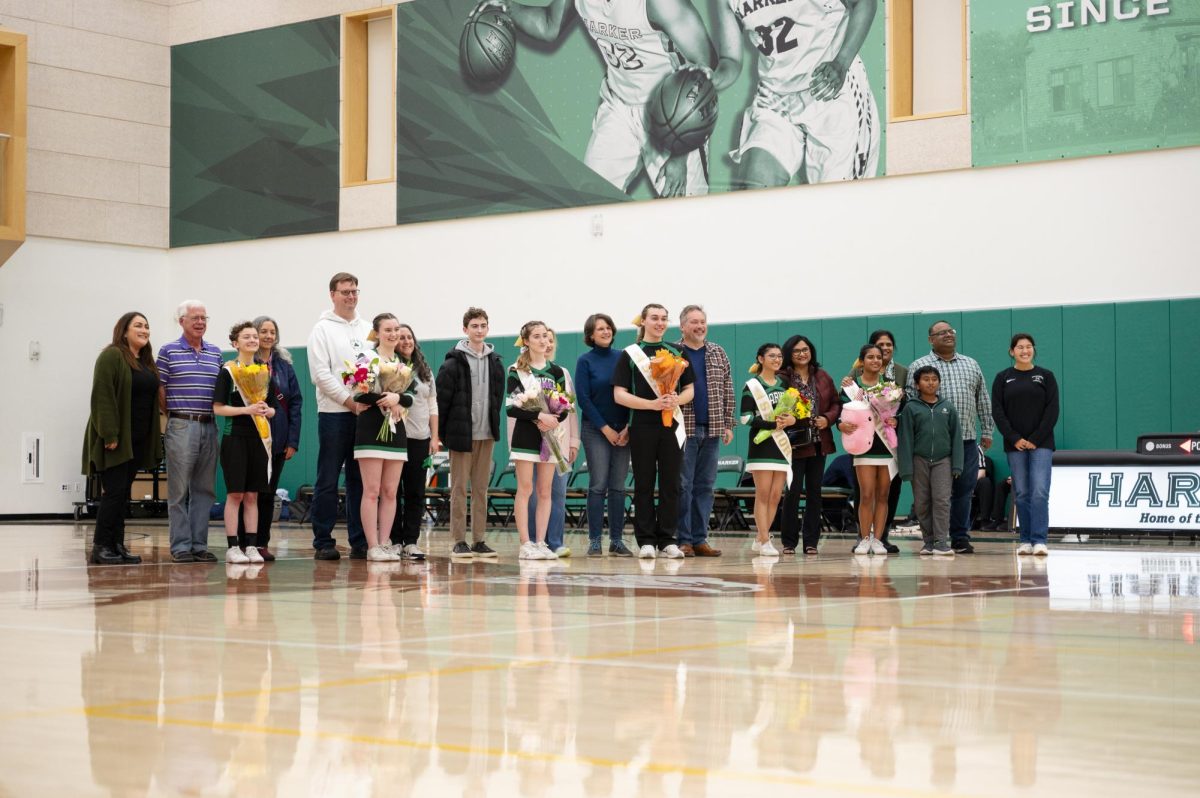




















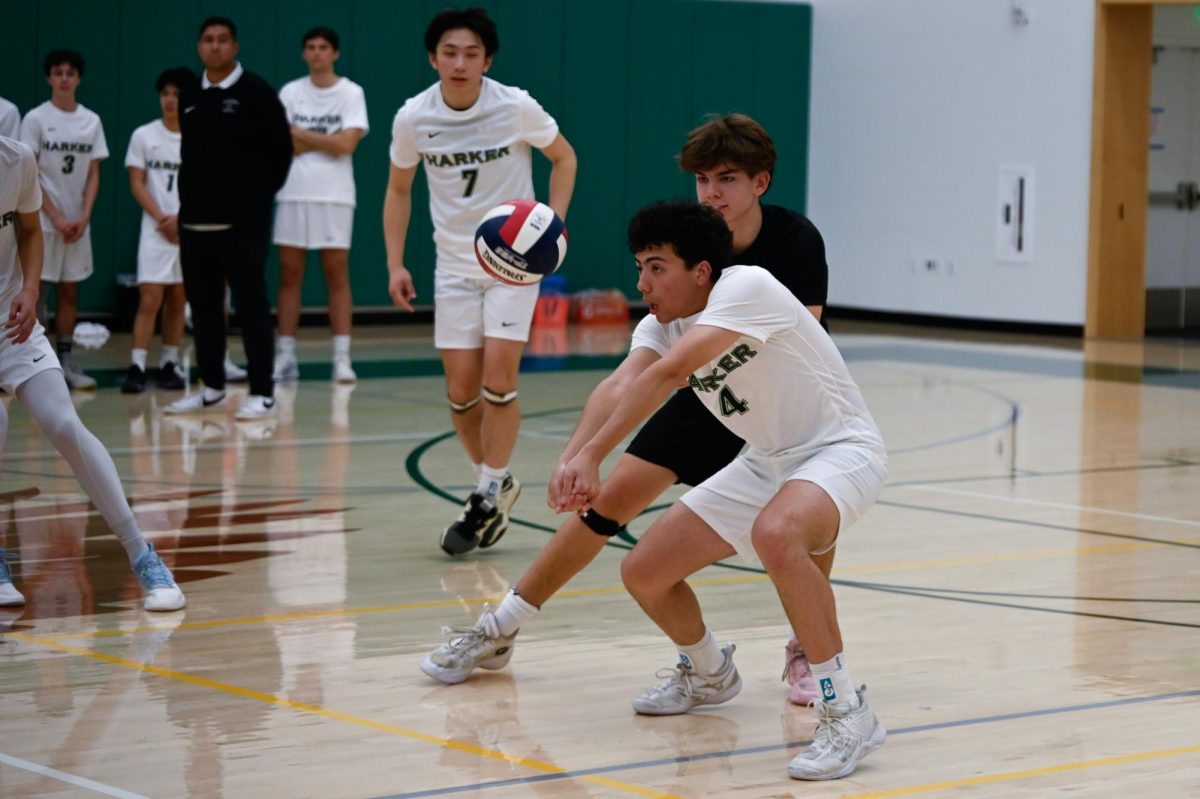




























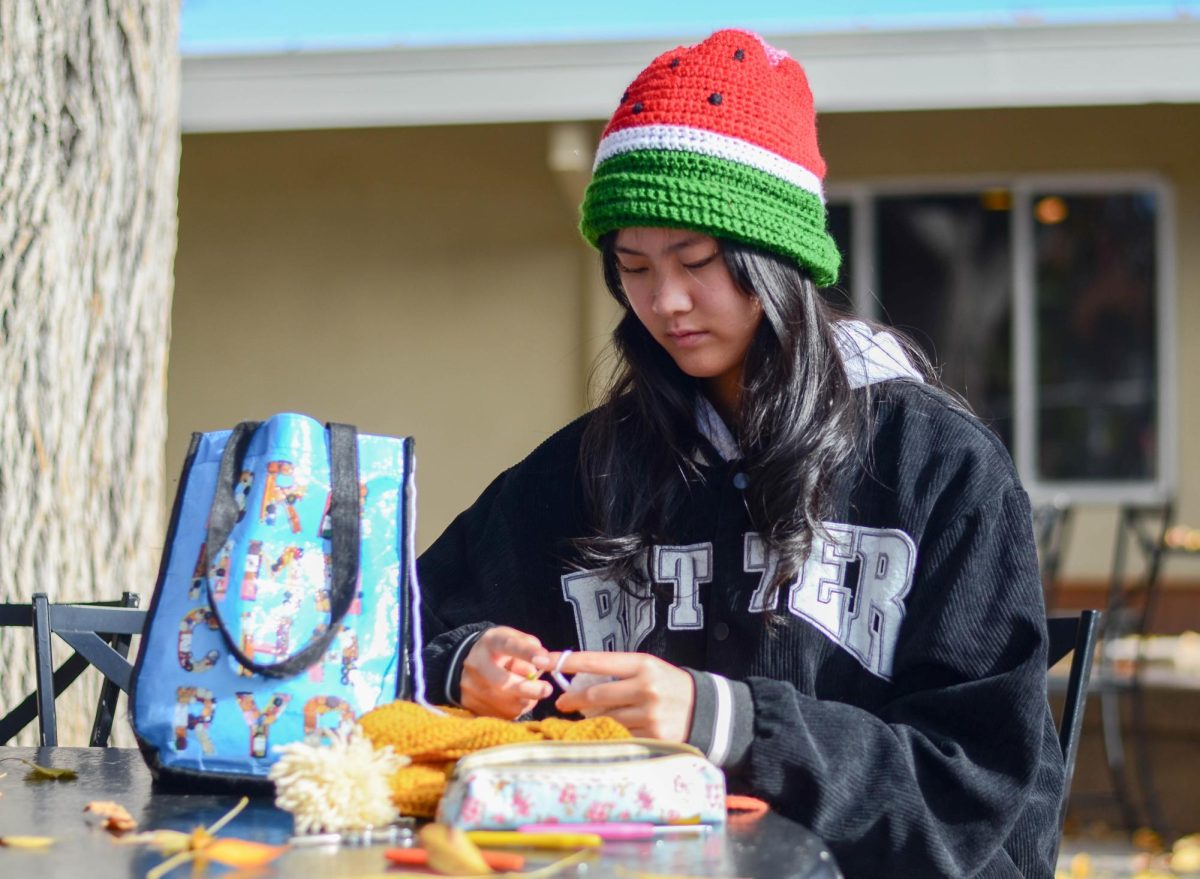
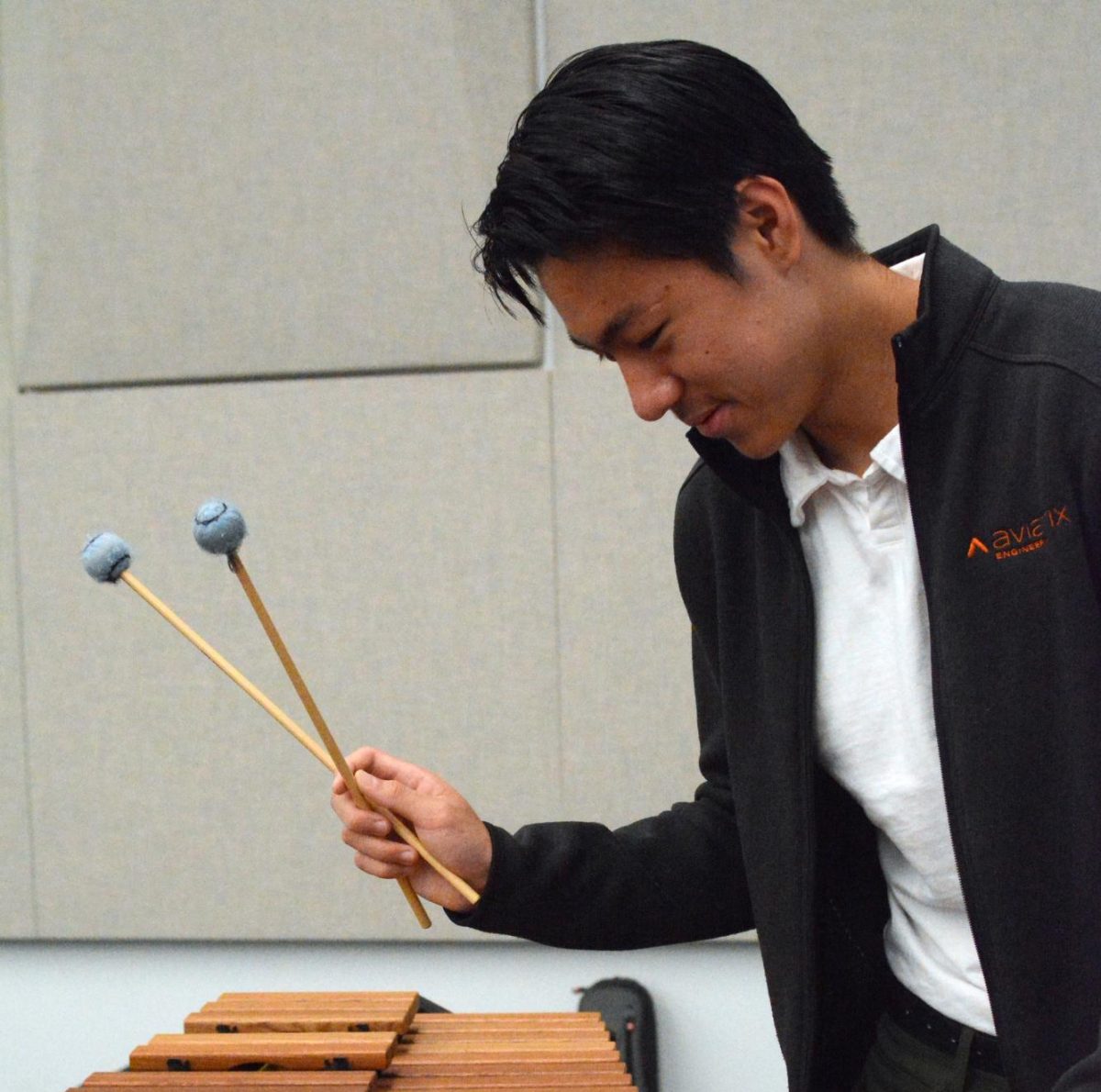


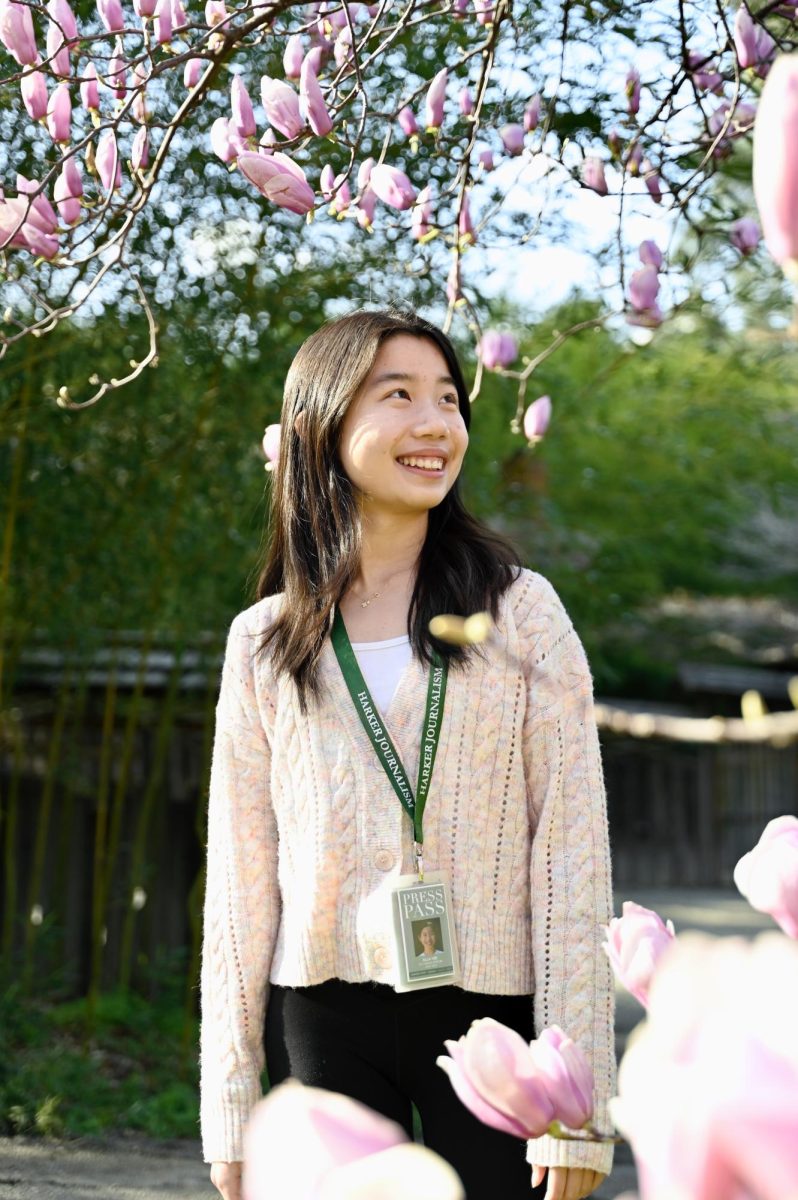









![“[Building nerf blasters] became this outlet of creativity for me that hasnt been matched by anything else. The process [of] making a build complete to your desire is such a painstakingly difficult process, but Ive had to learn from [the skills needed from] soldering to proper painting. Theres so many different options for everything, if you think about it, it exists. The best part is [that] if it doesnt exist, you can build it yourself, Ishaan Parate said.](https://harkeraquila.com/wp-content/uploads/2022/08/DSC_8149-900x604.jpg)


![“Animation just clicked in a way. I had been interested in art, but that felt different. [Animation] felt like it had something behind it, whereas previous things felt surface level. I wasnt making that crazy of things, but just the process of doing it was much more enjoyable, Carter Chadwick (22) said.](https://harkeraquila.com/wp-content/uploads/2022/08/Screen-Shot-2022-08-16-at-9.44.08-AM-900x598.png)


![“When I came into high school, I was ready to be a follower. But DECA was a game changer for me. It helped me overcome my fear of public speaking, and its played such a major role in who Ive become today. To be able to successfully lead a chapter of 150 students, an officer team and be one of the upperclassmen I once really admired is something Im [really] proud of,” Anvitha Tummala (21) said.](https://harkeraquila.com/wp-content/uploads/2021/07/Screen-Shot-2021-07-25-at-9.50.05-AM-900x594.png)



![“[Volleyball has] taught me how to fall correctly, and another thing it taught is that you don’t have to be the best at something to be good at it. If you just hit the ball in a smart way, then it still scores points and you’re good at it. You could be a background player and still make a much bigger impact on the team than you would think,” Anya Gert (’20) said.](https://harkeraquila.com/wp-content/uploads/2020/06/AnnaGert_JinTuan_HoHPhotoEdited-600x900.jpeg)

![“Im not nearly there yet, but [my confidence has] definitely been getting better since I was pretty shy and timid coming into Harker my freshman year. I know that theres a lot of people that are really confident in what they do, and I really admire them. Everyones so driven and that has really pushed me to kind of try to find my own place in high school and be more confident,” Alyssa Huang (’20) said.](https://harkeraquila.com/wp-content/uploads/2020/06/AlyssaHuang_EmilyChen_HoHPhoto-900x749.jpeg)













![“My slogan is ‘slow feet, don’t eat, and I’m hungry.’ You need to run fast to get where you are–you arent going to get those championships if you arent fast,” Angel Cervantes (12) said. “I want to do well in school on my tests and in track and win championships for my team. I live by that, [and] I can do that anywhere: in the classroom or on the field.”](https://harkeraquila.com/wp-content/uploads/2018/06/DSC5146-900x601.jpg)

![“I think getting up in the morning and having a sense of purpose [is exciting]. I think without a certain amount of drive, life is kind of obsolete and mundane, and I think having that every single day is what makes each day unique and kind of makes life exciting,” Neymika Jain (12) said.](https://harkeraquila.com/wp-content/uploads/2017/06/Screen-Shot-2017-06-03-at-4.54.16-PM.png)







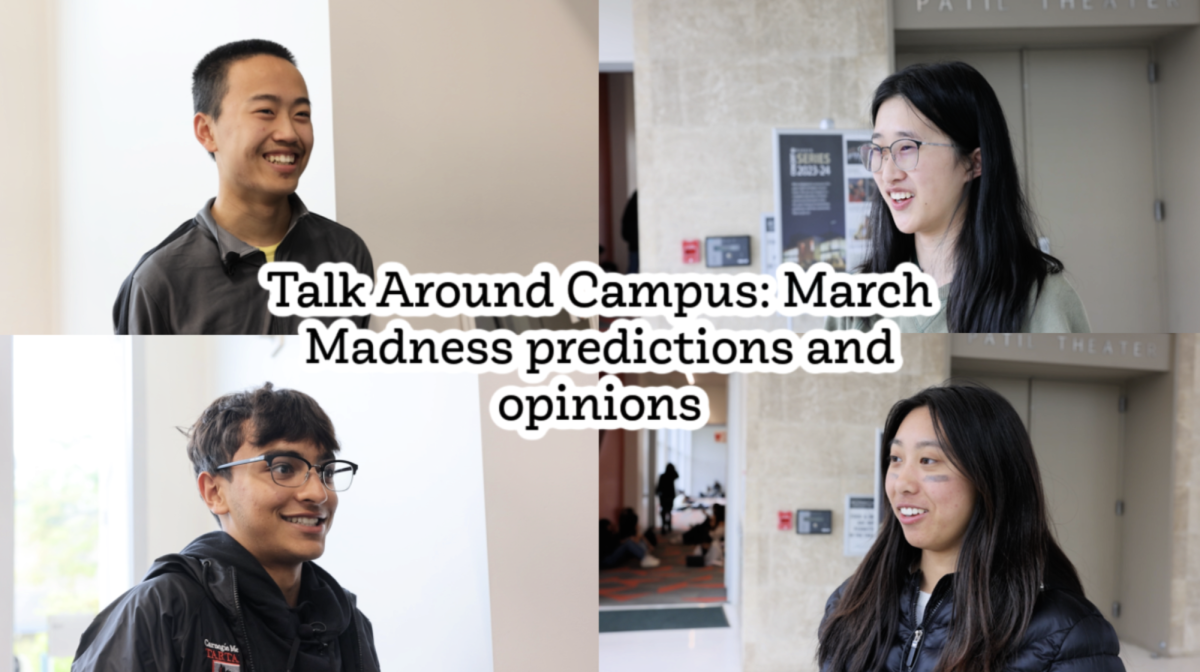
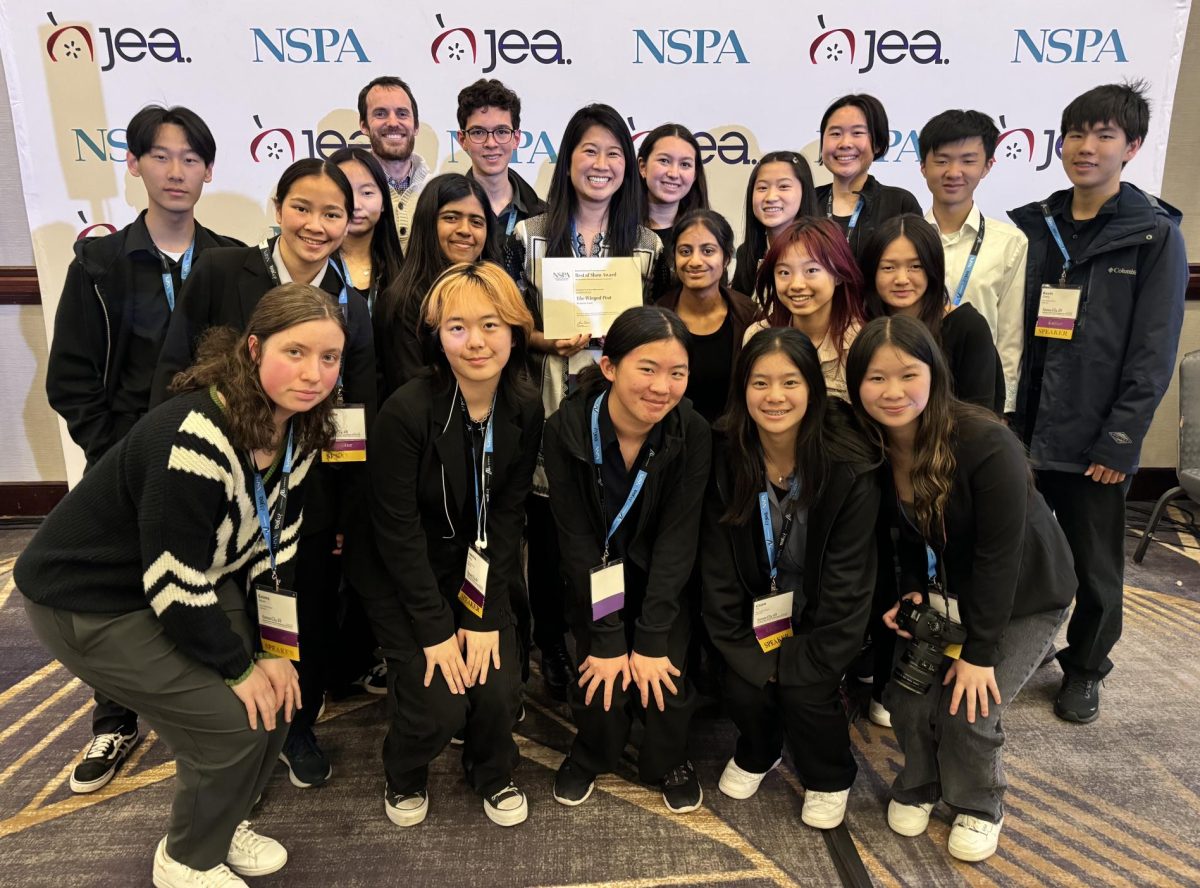



![“I think getting up in the morning and having a sense of purpose [is exciting]. I think without a certain amount of drive, life is kind of obsolete and mundane, and I think having that every single day is what makes each day unique and kind of makes life exciting,” Neymika Jain (12) said.](https://harkeraquila.com/wp-content/uploads/2017/06/Screen-Shot-2017-06-03-at-4.54.16-PM-325x475.png)



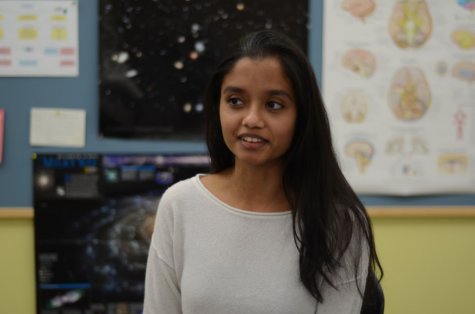
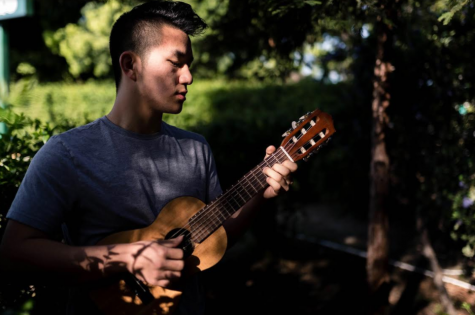
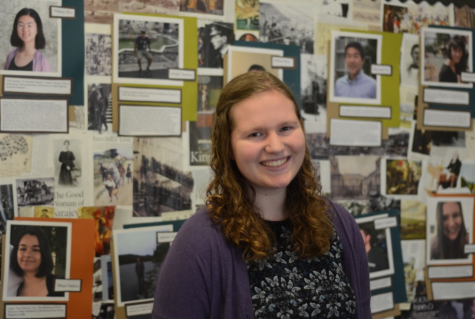
![“[Photography] opened my eyes to things that don’t exist except for in that one-second exposure that your eyes can’t capture, writing can’t capture and even video can’t capture. I think it’s an obsession with the world. I’d look outside, and think, ‘These colors are beautiful,’ even though I really like working in black and white. It’s this overall obsession but the way I learn about myself. The camera, when it’s in my hand, teaches me about who I am, and the things that I don’t really know. It’s really taught me how to love, not just the people I’m with, but the overall world, Alex Mo (12) said.](https://harkeraquila.com/wp-content/uploads/2017/05/Screen-Shot-2017-05-24-at-6.16.20-PM-475x311.png)
![“[I care about] diversity of opinion. Some people think you have to care about one thing only, and you cant care about other things, but I just like Harker because everyone has different perspectives and different ideas. If everyone cared about for example saving the environment or being really good at one sport, then the world wouldnt function, Colt McNealy (12) said.](https://harkeraquila.com/wp-content/uploads/2017/05/Screen-Shot-2017-05-13-at-8.55.53-AM-475x317.png)
